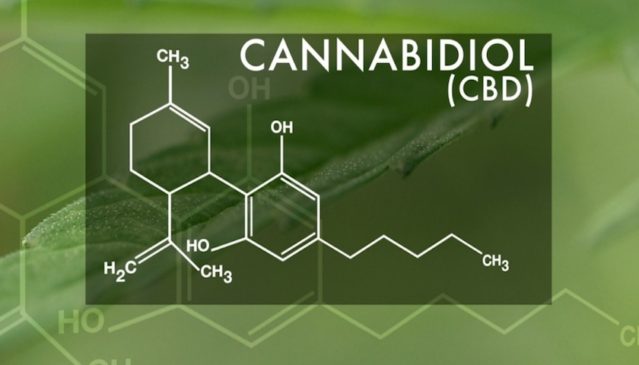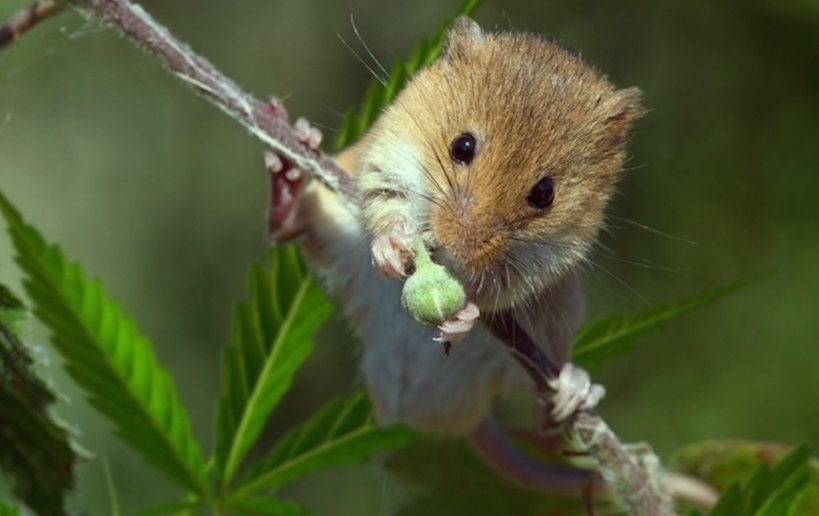A new study in the Journal of Psychopharmacology provides evidence that high doses of cannabis compound cannabidiol (CBD) can inhibit the motivation to consume methamphetamine in rats.
The preliminary findings back up those who say cannabis is the answer to the opioid crisis, such as Dr Frank D’Ambrosio, who told the World Health Organisation earlier this week that he has been amazed by the results since he stopped prescribing opioids to more than 10,000 patients in LA five years ago and began prescribing cannabis instead.
“One focus of my laboratory is to understand the neurobiology of methamphetamine addiction so that we can discover effective treatments to reduce this burden on our society. Cannabinoids are showing promise as medications for a number of mental health disorders and symptoms in preclinical models, including drug addiction and relapse for opiates and psychostimulants,” said study author Jennifer Cornish of Macquarie University.
“Methamphetamine is a psychostimulant, however the effect of cannabidiol (CBD) had not yet been investigated for reducing reward or relapse in rats experienced at lever pressing for intravenous methamphetamine infusions. As it is known that CBD acts on a number of targets in the brain that may impact on the pharmacology of methamphetamine use, this study was a logical next step for discovering more about methamphetamine addiction and the effects of CBD treatment.”
The researchers found that treatment with 80 mg/kg of cannabidiol – but not smaller doses of 40 mg/kg or 20 mg/kg – reduced the motivation to consume methamphetamine in rats trained to self-administer the addictive stimulant.
But cannabidiol did not impact the motivation to consume sucrose, suggesting the effects are somewhat targeted rather than affecting reward mechanisms in general.
“I think it is important for our society to understand that ‘medicinal cannabis’ covers a broad range of chemicals that are found in the cannabis (marijuana) plant, many of these are not psychoactive (unlike delta-9-tetrahydrocannabinol, the main psychoactive component of marijuana), and each may have a medical application – yet to be discovered,” Cornish told PsyPost.

“This study has shown that in a preclinical setting, high doses of CBD can act to reduce methamphetamine consumption and also relapse to taking methamphetamine. Many other studies need to be done in this space prior to the use of CBD in human population of methamphetamine addicts – but this study is a first step for understanding the potential use of CBD treatment in methamphetamine addiction.
“The major caveats here are that the study is conducted in rodents, and uses high doses of CBD. However, there is substantial overlap between the neurobiology of rats and humans, and preclinical studies such as this provide important information on the potential use of new chemicals in human disorders,” Cornish explained.
“From this data set we are able to design further experiments that not only discover the effectiveness of CBD as a therapy for methamphetamine addiction, but also the mechanisms by which CBD can reduce methamphetamine intake. By understanding these mechanisms we can inform the discovery of more targeted therapies that would work like CBD, yet with smaller therapeutic doses.”
Cornish added: “There is so much more to discover with over 400 chemicals in the cannabis plant, including over 70 cannabinoids. The potential therapeutic benefits of these are great and should be explored to develop targeted therapies for mental health (or other) disorders.”




